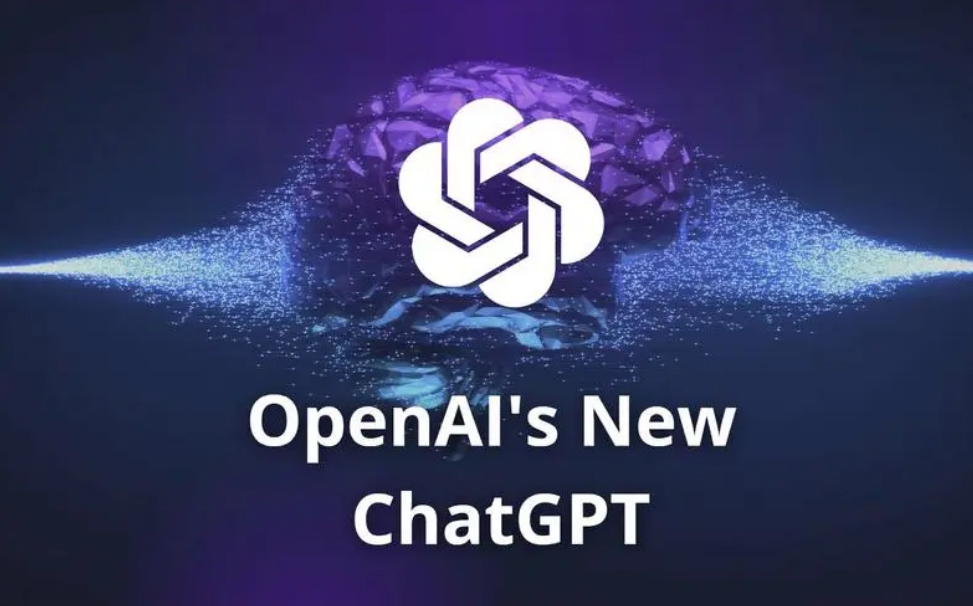Personalized Technology Emerges
As a key element of personalizing experience on different digital channels, artificial intelligence is nothing new. There are a few clear-cut winners in this space, including the likes of Netflix and Spotify - companies who have utilised sophisticated algorithmic wizardry to make recommendations about films or shows (in terms of Netflix), music tailored specifically for individual users. For example, Netflix uses an algorithm to create suggestions based on viewing habits (with great accuracy due to the large amounts of data) across millions of accounts. These signals inform trends and preferences with respect to the full scope of content, which translates into higher customer satisfaction and retention rates.
Data-Driven Insights
User metrics are a way to measure how good AI is at estimating the preferences of its users. 75%+ total watch time on content recommendation-based personalized platform like YouTube, demonstrating the significant power of AI based curation. The personalization engine uses a person's past, interactions and search history to make new suggestions that are predicted to keep them engaged.
Challenges and Limitations
Still, it is not without challenges. Data biases and limited inputs often lead AI systems to misread human preferences,resses the nuances of English thats why dont get shocked if this happens again. Say, for instance, that this filter bubble limits a user's reading to those four topics - essentially cutting them off from greater topic diversity. In addition, user data privacy is one of the most important problems that should be resolved and management processes collection, analysis personal information needs strict requirements for protection.

Integrated marketing that works
AI in Business has gone a long way by now to practically predict the behavior of consumers. Amazon, for instance algorithms to personalize product recommendations based on a user's purchase history and items viewed. So, not only does it improve user experience but also increases the sales efficiency by showing products that cater to each individual need and preference.
Future Prospects
In the future, it is projected that AI will have an ever increasing role in knowing user preferences using a more sophisticated neural network along with machine learning algorithms. This development could likely lead towards an even more personalized and interactive experience. For instance there can be the assimilation of AI in virtual reality where it would change how our presence is being felt digitally by tailoring them unlike user interactions before making these adjustments more personal and responsive.
On the more intimate side of digital experiences, platforms such as porn ai chat are doing something remarkable to showcase how AI can serve extremely personalized user behaviour in secure and unique ways.
The incredible capability of AI to comprehend and anticipate user requirements has demonstrated the positive future we are headed towards where companies can communicate better with their customers. There are challenges still to come, but the broader narrative suggests an increasingly intuitive and individualized future made possible by continuous AI innovation. Success requires a careful balance of using AI capabilities without exploiting user privacy.